Does high school pressure students to be perfect?
It’s that time of year when seniors start to say goodbye to high school, senior finals, and graduate. The time of year when eager students start hearing back from colleges has passed. The hype of getting in, not getting in, and who got accepted was at its highest. It is exciting and frightening to see the subject line of an email from the university you applied for.
High school is the time to load up your transcripts with honors, AP, or IB classes. Sports, clubs, and extracurricular activities can make you stand out. All of that pays off to get into the college you want to. But for many, the stress is getting ready to pile on.
Stress
For teens, high school can be overwhelming. The endless options of Gen Ed, Honors, and AP classes for your choosing. Tons of interesting clubs and student activities. And how could we forget our beloved sports. It is safe to say that a lot of high school students have their plates full.
However, in the recent years that mental health has been prioritized, there is growing awareness that many youths experience high levels of chronic stress that hinders their abilities to succeed academically, and compromises their mental health functioning.
“School, homework, extracurricular activities, sleep, repeat—that’s what it can be for some of these students,” says Noelle Leonard, PhD, a senior research scientist at the New York University College of Nursing (NYUCN).
According to the American Psychological Association study on teen stress and anxiety, reports that:
- 10% say stress causes them to get lower grades than they think they can get
- 59% say balancing all their activities causes stress
- 40% say they neglect home responsibilities due to stress
- 40% say they’re irritable due to stress
- 37% said stress causes them to feel overwhelmed
- 36% say they feel tired because of stress
- 30% say they feel sad or depressed because of stress
Youth, schools, and experts identified substance use as a common strategy for coping with stress. According to the NCBI, about 20 percent of those aged 12 to 17 and 36 percent of young adults aged 18 to 25 used an illicit drug in the past year.
Why do adolescents take drugs?
- To fit in: Many teens use drugs “because others are doing it”—or they think others are doing it—and they fear not being accepted in a social circle that includes drug-using peers.
- To feel good: Abused drugs interact with the neurochemistry of the brain to produce feelings of pleasure. The intensity of this euphoria differs by the type of drug and how it is used.
- To feel better: Some adolescents suffer from depression, social anxiety, stress-related disorders, and physical pain. Using drugs may be an attempt to lessen these feelings of distress. Stress especially plays a significant role in starting and continuing drug use as well as returning to drug use (relapsing) for those recovering from an addiction.
- To do better: We live in a very competitive society, in which the pressure to perform athletically and academically can be intense. Some adolescents may turn to certain drugs like illegal or prescription stimulants because they think those substances will enhance or improve their performance.
- To experiment: Adolescents are often motivated to seek new experiences, particularly those they perceive as thrilling or daring.
School work, college applications, extracurricular activities, and parental expectations all contribute to teenagers’ stress. People need to move forward to fix this issue so as to not inhabit the success of all students.
Insecurity
High school comes with more than just physical insecurities. Whether it is sports, academics, or popularity, it is hard not to succumb to insecurities. Universally, our academics affect us all.
Throughout our lives, many of us were told that ivy league was the best, right? The thing is, the expectations for these elite colleges are through the roof. Each of the eight ivy league schools range from a 5.0 to 16.0 percent acceptance rate.
According to a 2018 study by the Fordham Institute, in 2016 the median GPA for students at more affluent schools was 3.0 and at less affluent schools was 2.59. We can assume that the 2021 GPAs will actually be a bit higher, though the trends will remain the same. GPAs at elite schools range from 3.49 to 3.71, sometimes even beyond a 4.0. These standards that they set are just not realistic.
The pressure isn’t just with ivy league schools. The same pressure comes with state colleges, trade schools, military, or just general employment. Society has a way of making one seem better than the other.
If you choose to further your education, rank is not the most important.
“One of the most important things to look at when applying for colleges is student life. People often overlook how important it is to feel welcomed and accepted at a place you are about to spend four or more years of your life at, with additional loans”, says high school senior graduate Sonah Bundu.
The purpose of k-12 education is to provide students with the tools they need to thrive in the future, whether that means furthering their education or not; whether you are at Harvard, Maryland University, or at Prince George’s Community College.
“I think high school lays the foundation for students of the future. It gives people the basic grounds to then decide what they want to continue on with after they graduate,” says Bundu. “That’s what PGCPS education gave me.”
Your donation will support the student journalists of Parkdale High School. Your contribution will allow us to cover our annual website hosting costs and publish some printed editions, as well.
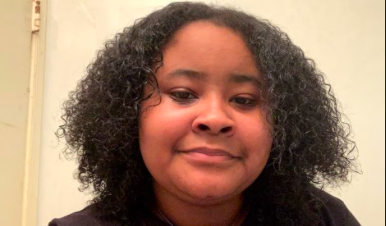
This is Jasmine, and she's in the 11th grade. This is her second year on staff. Through some not so subtle convincing from Ms.G, she signed up during...

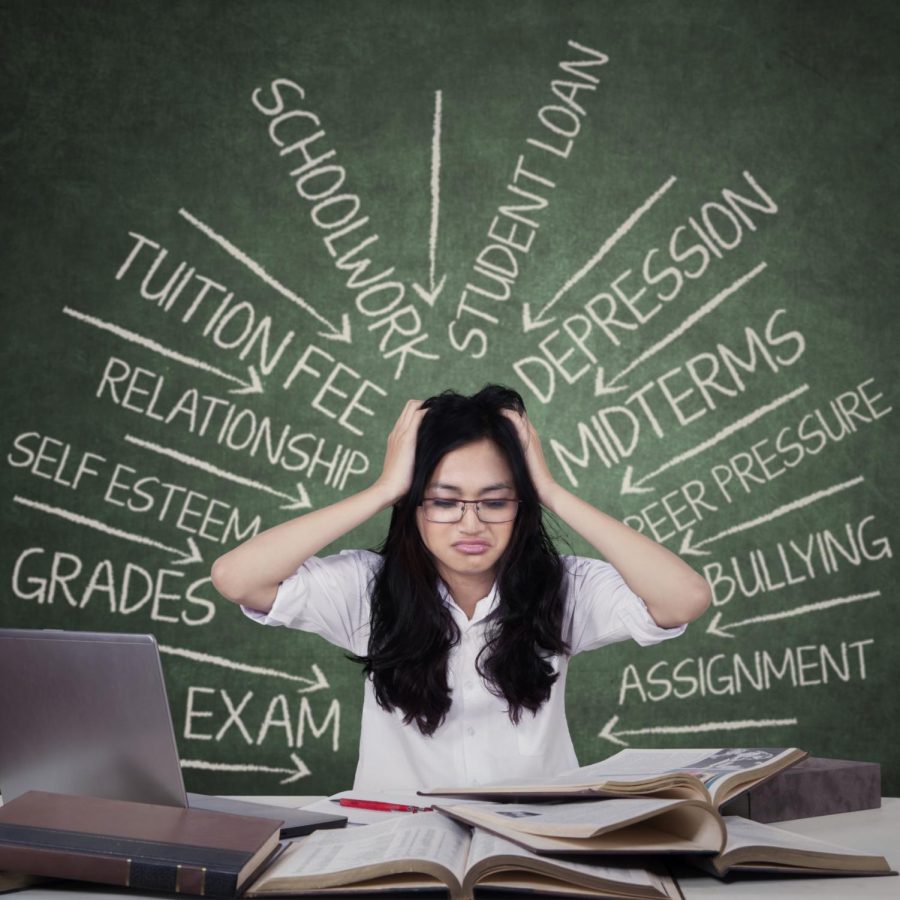
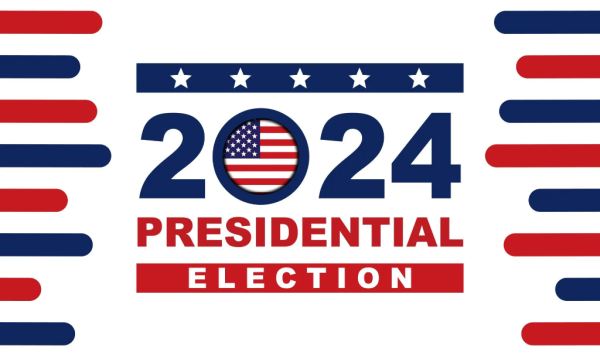
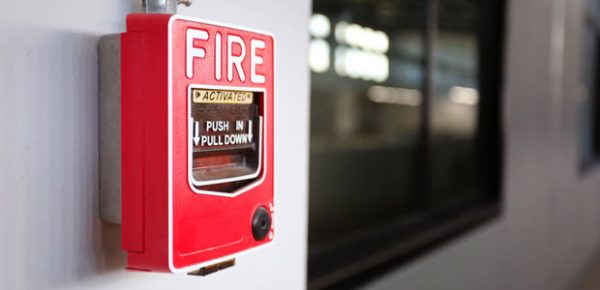
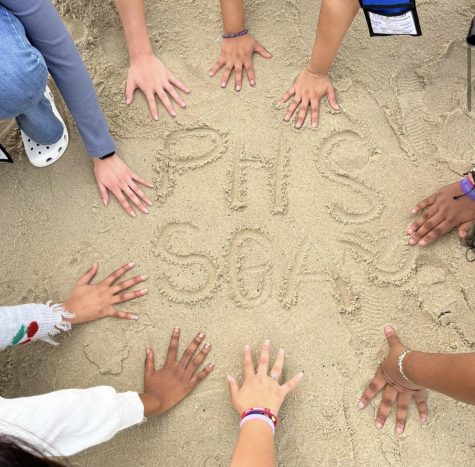
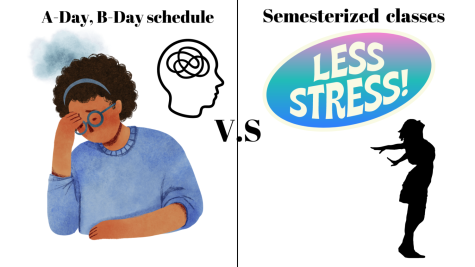
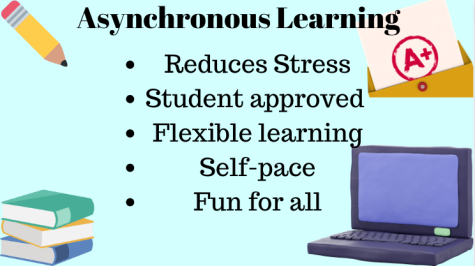
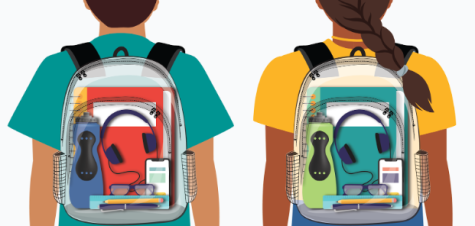
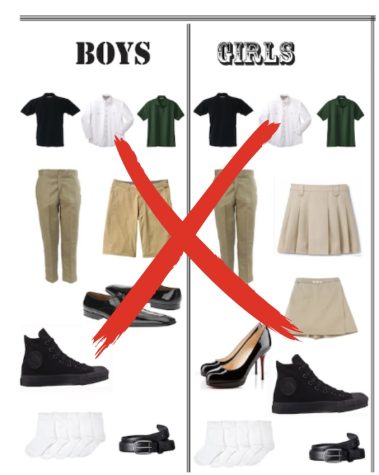

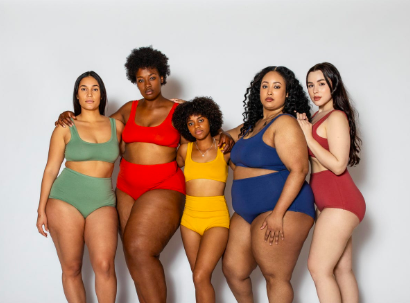
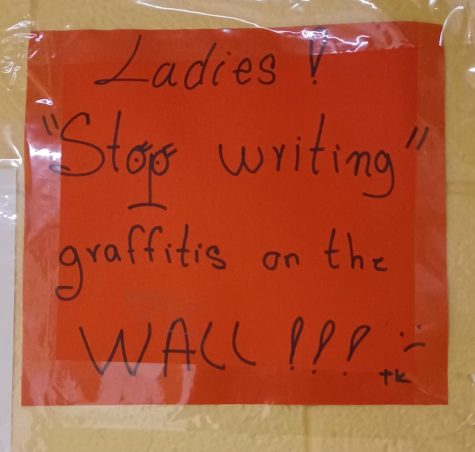

Ramiro • Nov 16, 2021 at 7:51 am
I would say that high school does pressure a lot of students because we are told that if we do not graduate high school with the best grades that college will be a nightmare for us. Many parents want the best for their kids sure, but when it comes to them expecting to be the best of the best that is another thing. Some parents want their kids to just study, study and study because depending say like an immigrant parent would tell their kid to take any education because they could not and if they do well they can support their family. Many students have to worry more about homework than anything else because if they do not do well their grades will drop and if their grades drop that gives teachers and parents the vision of the student being a failure. So I do believe high school does pressure us a lot .